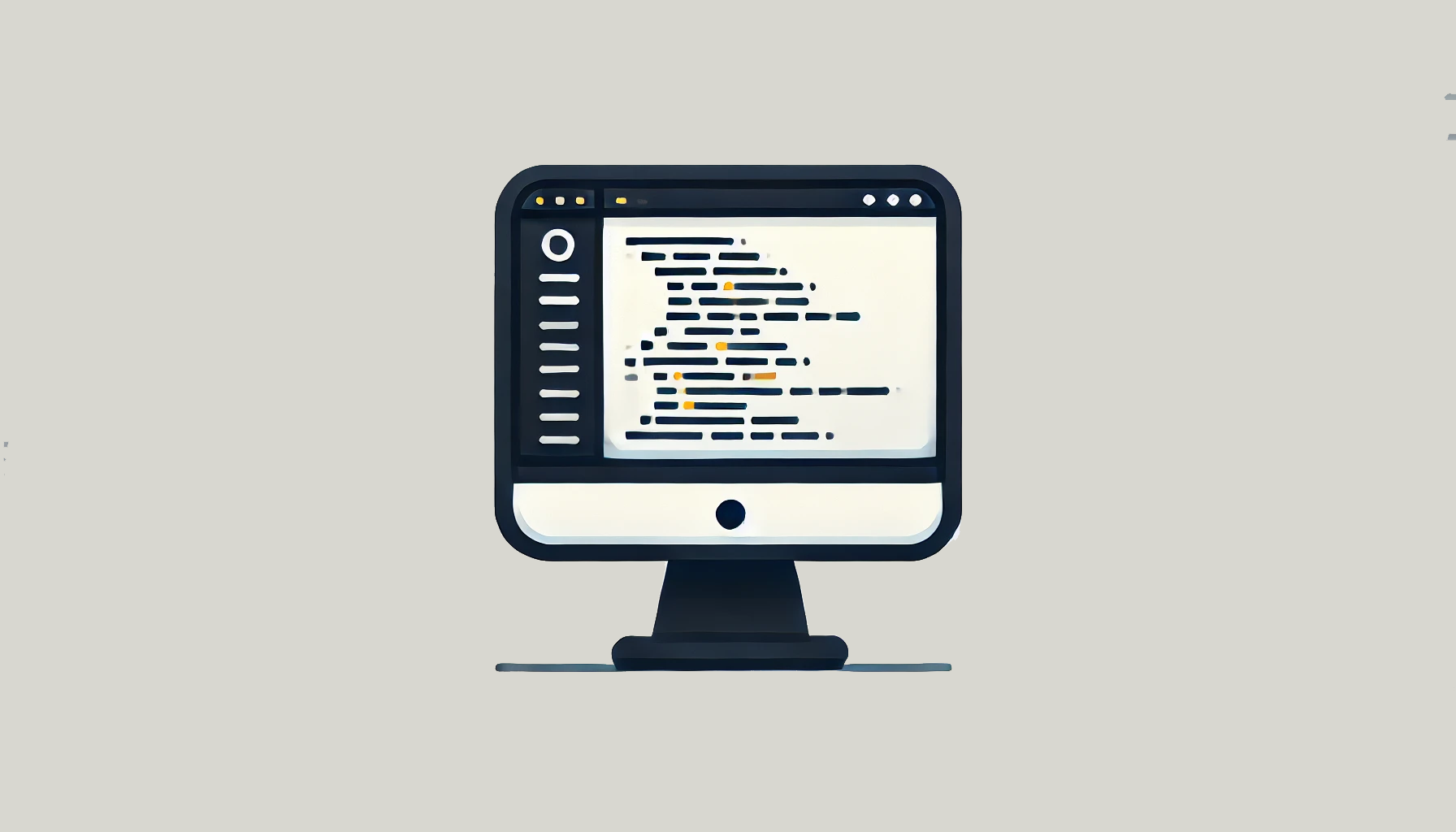Курси по темі
Всі курсиБазовий
Java Basics
Learn the fundamentals of Java and its key features in this course. By the end, you'll be able to solve simple algorithmic tasks and gain a clear understanding of how basic console Java applications operate.
Базовий
C++ Introduction
Start your path to becoming a skilled developer by mastering the foundational principles of programming through C++. Whether you're starting from scratch or already have some coding experience, this course will provide you with the solid foundation needed to become a proficient developer and open the doors to a wide range of career opportunities in software development and engineering. Let's study C++!
Базовий
Introduction to Python
Python is a high-level, interpreted, general-purpose programming language. Distinguished from languages such as HTML, CSS, and JavaScript, which are mainly utilized in web development, Python boasts versatility across multiple domains, including software development, data science, and back-end development. This course will guide you through Python's fundamental concepts, equipping you with the skills to create your own functions by the conclusion of the program.
The KISS Principle
Keep It Simple, Stupid or Simplifying Complex Systems

What is the KISS Principle?
| The KISS Principle is a key concept in software development, design, and engineering. The essence of this principle is that systems and solutions should be kept as simple as possible, avoiding unnecessary complexity. |

|
It
Simple
Stupid
At its core, the KISS principle is about simplicity and efficiency. The goal is to design systems that are straightforward, maintainable, and easy to understand. The phrase Keep It Simple, Stupid may sound harsh, but it serves as a reminder that unnecessary complexity often leads to confusion, bugs and errors.
Run Code from Your Browser - No Installation Required

Applying the KISS Principle in Design and Development
In software development, adhering to the KISS principle means avoiding over-engineering. For example, if a solution can be implemented with a few lines of code, there’s no need to create a complex framework around it. To effectively apply the KISS principle, developers and designers need to adopt a mindset of continuous simplification.
| Start with the Core Functionality | Focus on building the essential features first. Add-ons and extras can come later, but the primary function should be the simplest and most reliable part of the system. |
| Avoid Over-Engineering | Over-engineering happens when developers create overly complex systems for simple problems, often by trying to account for every possible edge case upfront, resulting in bloated and unmanageable code. |
| Iterate and Simplify | After completing the initial implementation, revisit the code or design to see if it can be made simpler. Regular refactoring sessions help in maintaining simplicity over time. |
| Prioritize Readability Over Cleverness | It’s tempting to write clever code that uses advanced techniques, but this can lead to confusion later. Opt for straightforward solutions that are easy to read and understand. |
Conclusion
The KISS principle is more than just a catchy acronym it’s a powerful philosophy that can streamline development, reduce costs, and create better user experiences. By striving for simplicity, you can build solutions that are both effective and maintainable in the long run. It’s important to recognize the limits of this principle, but in most cases, keeping things simple leads to clearer code, more intuitive designs, and ultimately, more successful project
Start Learning Coding today and boost your Career Potential

FAQs
Q: Is the KISS principle only relevant for developers?
A: No, the KISS principle applies to a wide range of fields, including engineering, design, project management, and even daily problem-solving.
Q: How does the KISS principle relate to other design principles like YAGNI and DRY?
A: The KISS principle complements other design philosophies like YAGNI ("You Aren’t Gonna Need It") and DRY ("Don’t Repeat Yourself"). Together, they encourage simplicity, avoid redundancy, and focus on building only what is necessary.
Q: Can the KISS principle be applied to large-scale projects?
A: Yes, but it requires careful planning. While simplicity is crucial, complex projects may need a balance between the KISS principle and scalable architecture.
Q: How can I ensure my code follows the KISS principle?
A: Regular code reviews, pair programming, and adopting a minimalistic approach from the start can help keep your code simple and aligned with the KISS principle.
Q: Is the KISS principle against using advanced techniques or patterns?
A: Not at all. The KISS principle isn’t about avoiding sophistication but rather about using advanced techniques only when they’re necessary and appropriate for the problem at hand.
Курси по темі
Всі курсиБазовий
Java Basics
Learn the fundamentals of Java and its key features in this course. By the end, you'll be able to solve simple algorithmic tasks and gain a clear understanding of how basic console Java applications operate.
Базовий
C++ Introduction
Start your path to becoming a skilled developer by mastering the foundational principles of programming through C++. Whether you're starting from scratch or already have some coding experience, this course will provide you with the solid foundation needed to become a proficient developer and open the doors to a wide range of career opportunities in software development and engineering. Let's study C++!
Базовий
Introduction to Python
Python is a high-level, interpreted, general-purpose programming language. Distinguished from languages such as HTML, CSS, and JavaScript, which are mainly utilized in web development, Python boasts versatility across multiple domains, including software development, data science, and back-end development. This course will guide you through Python's fundamental concepts, equipping you with the skills to create your own functions by the conclusion of the program.
Top 25 C# Interview Questions and Answers
Master the Essentials and Ace Your C# Interview
by Ihor Gudzyk
C++ Developer
Nov, 2024・17 min read

8 In-Demand Skills to Earn Big in 2025
Skills to stay ahead
by Anastasiia Tsurkan
Backend Developer
Dec, 2024・23 min read

The Power of Collaboration or Contributing to Open Source Projects
Uniting in the World of Code
by Ihor Gudzyk
C++ Developer
Dec, 2023・9 min read

Зміст